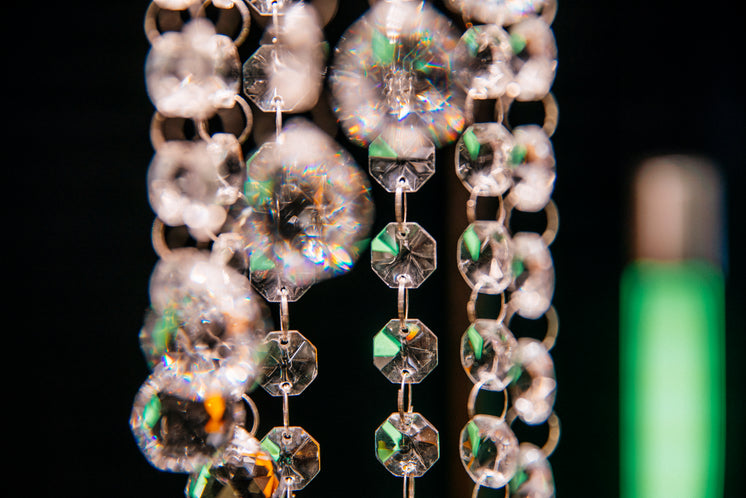The peninsula in the Kleiner Brombachsee is a nature reserve on the Kleiner Brombachsee in the Central Franconian district of Weißenburg-Gunzenhausen. It’s positioned in the Weißenburg-Gunzenhausen district in Bavaria. On account of the municipal reform in Bavaria, the previously independent municipality was incorporated into the town of Gunzenhausen on April 1, 1971. After deducting the main towns and after the Gunzenhausen a part of Frickenfelden and the Treuchtlingen a part of Wettelsheim, the place is the third largest a part of a municipality in the Weißenburg-Gunzenhausen district and has more inhabitants than complete communities corresponding to Gnotzheim or Meinheim. Today the area belongs to the municipality of Pfofeld (Weissenburg-Gunzenhausen district). There are just a few smaller retailers in town, a garden heart and a department of the Raiffeisenbank Weißenburg-Gunzenhausen. Numerous craft businesses and retailers are primarily based within the city. After Sunkel and his followers have been expelled from the NSDStB, a Nazi splinter group, the Revolutionary College students, ran in competitors with the scholar union inside the university elections in November 1931 in Erlangen, which acquired a seat in the pupil parliament. A listed memorial plaque from the nineteenth century is embedded in the previous castle. The two ground-floor small houses Lindermer 10a and Lindermer 6 had been constructed in the early nineteenth century and, just like the village church, the warfare memorial and the viaducts, are architectural monuments.
The Großer Brombachsee is separated from the other two lakes only by a dam, the Brombach Vorsperre and the Igelsbach Vorsperre. Unlike the larger lakes in the area similar to Brombachsee and Altmühlsee, it is not used to transfer water that flows naturally from the Danube into the Regnitz and Most important river techniques. In this fashion, water that may stream into the Danube into the Danube without the human intervention through the Altmühl is redirected to the river system of the Rhine-Important area over the European most important water sheath. In the huge valley of the upper Altmühl northwest of Gunzenhausen, the Altmühlsee, which is inserted into the landscape, lies gently. The residents of the previous agricultural place mostly work inside the trade and service of the shut by city of Gunzenhausen. The landmark of the place is the Spalter Tor. The river is fed by the Hambach northwest of the place. The 4.5 km² lake is surrounded by a 12.5 km long surrounding ring dam, with a medium water depth 2.5 m very flat and the inflow should department off from the river far above the lake with a view to be in a position to succeed in the mandatory congestion. No federal waterways lead by Pleinfeld, since no river within the region is appropriate for shipping. Pleinfeld has several cemeteries, together with within the districts of Sankt Veit, Ramsberg, Dorsbrunn, Walting and Allmannsdorf as nicely as in the east of Pleinfeld close to the outskirts.
Many individuals died in the first and Second World Wars, together with two deaths through the American invasion. A most of 9 m³/s of the runoff is fed to the Kleine Roth by a culvert underneath the canal, and a most of 6 m³/s is fed to the canal itself for later discharge into the Schwarzach. The lizard (concrete cast after wood, sawn, erected in 1999/2000) is situated on the southern financial institution of the Kleiner Brombachsee near the dam between the Kleiner Brombachsee and the Großer Brombachsee. One kilometer north is the south bank of Lake Altmühl with Shepherd's Island. The Shepherd Island is an island close to the southern shore of the Altmühlsee within the Franconian Lake District, north of Unterwurmbach, a part of the municipality of the Central Franconian town of Gunzenhausen. Unterwurmbach (additionally referred to as Worma) is part of the municipality of the city of Gunzenhausen within the Weißenburg-Gunzenhausen district (Center Franconia, Bavaria). Ziegelhütte is a defunct part of the Absberg market within the Central Franconian district of Weißenburg-Gunzenhausen. The Seenland Marathon is a panorama run in the Central Franconian district of Weißenburg-Gunzenhausen (Bavaria). In 2011, the observe-up occasion was organized for the first time by the OAI (Outside and Offroad Affiliation International) under the identify Seenlandmarathon. Crosses beneath a bridge beneath the Nesselbach, which flows into the Altmühlsee and here last runs within the Nesselbach feeder.
Because of the nearby Altmühlsee, tourism also grew to become an necessary trade. Vorderer Graben or Hagenbach, from the fitting and west at about 411 m above sea stage. Forest tributary, from the precise and southwest to around 454 m above sea level. The Wurmbach on the outskirts of Gnotzheim. On the bridge, the railway line crosses the Wurmbach and the federal highway 466. The viaduct has six arches and was constructed round 1845. The Wurmbach Viaduct is located south of Unterwurmbach at kilometer 36.Three and is part of the former Ludwig-Süd-Nord-Bahn and the current Nördlingen-Gunzenhausen railway line. Directly in town, at kilometer 37.4, a round-arched viaduct constructed round 1845 spans the previous Ludwig South-North Railway. It was constructed with its nine arches around 1845, with 5 arches having trendy additions (this railway bridge has four stone and 5 strengthened concrete arches), the size is round a hundred and fifty meters. The 13.Forty meter long, 10.44 meter extensive and 6.44 meter high nave has 4 axes, flat corners and a neo-Gothic design. The size is 65, the width is 5 to eight meters.

